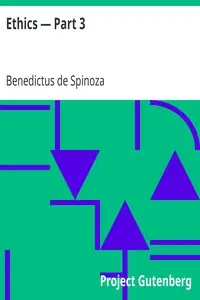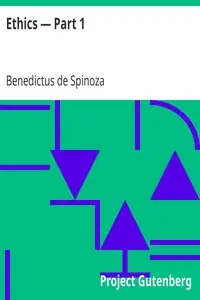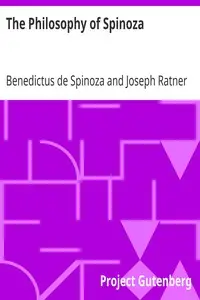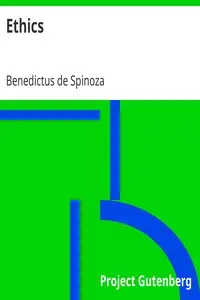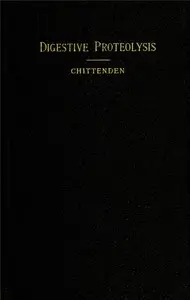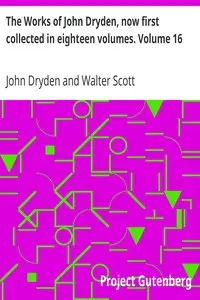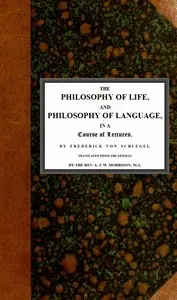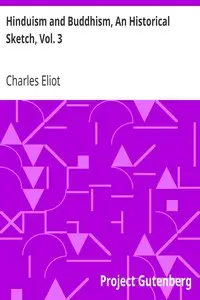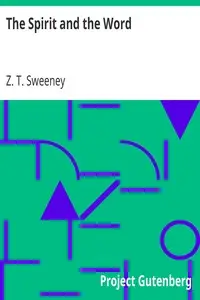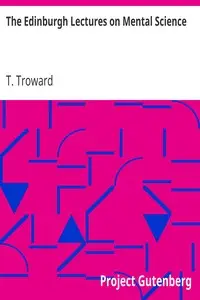"Ethics — Part 5" by Benedictus de Spinoza is a philosophical treatise written in the 17th century, part of his larger work, "Ethica Ordine Geometrico Demonstrata." This section focuses on the power of human understanding and the concept of freedom, exploring the relationship between reason, emotions, and mental freedom. Spinoza, a foundational figure in modern philosophy, examines how individuals can achieve greater control over their emotions through the power of reason, ultimately discussing the nature of human blessedness. In this part of "Ethics," Spinoza delves into the mechanisms by which the mind exerts influence over the passions and emotions. He argues that by forming clear and distinct ideas about emotions, individuals can lessen their impact and attain a state of mental freedom. He posits that knowledge, particularly through understanding the necessary and eternal principles underlying reality, enables individuals to feel less ensnared by transient emotions. Spinoza emphasizes that true blessedness arises not from the cessation of desire but from the intellectual love of God, which represents the highest form of human virtue and understanding. Ultimately, the text illustrates the path to achieving greater human autonomy and happiness through mastery of the mind over the emotional turmoil inherent in human existence. (This is an automatically generated summary.)
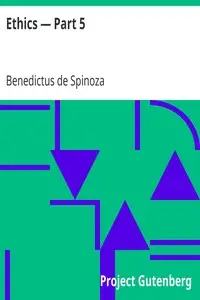
Ethics — Part 5
By Benedictus de Spinoza
"Ethics — Part 5" by Benedictus de Spinoza is a philosophical treatise written in the 17th century, part of his larger work, "Ethica Ordine Geometrico...
Genres
Released
1997-07-01
Formats
epub (images)
mobi
mobi (images)
epub3 (images)
epub
Free Download
Overview
About the Author
Baruch (de) Spinoza, also known under his Latinized pen name Benedictus de Spinoza, was a philosopher of Portuguese-Jewish origin. A forerunner of the Age of Enlightenment, Spinoza significantly influenced modern biblical criticism, 17th-century rationalism, and Dutch intellectual culture, establishing himself as one of the most important and radical philosophers of the early modern period. Influenced by Stoicism, Thomas Hobbes, René Descartes, Ibn Tufayl, and heterodox Christians, Spinoza was a leading philosopher of the Dutch Golden Age.
Total Reviews
10.0k
Total reviews from Goodreads may change

